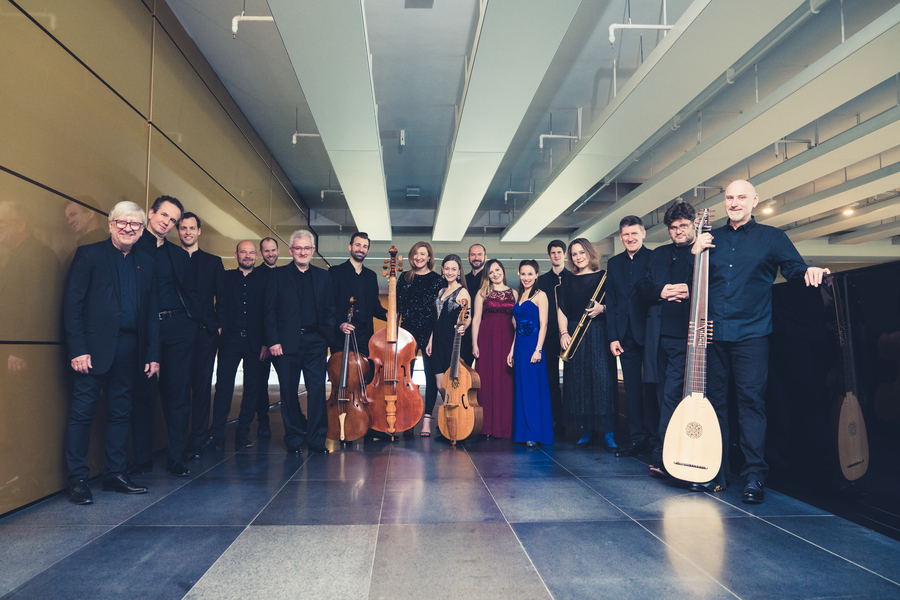The upcoming All Saints’ Day makes us think about the passing time, as we remember pour loved ones who have passed away. Wrocław Baroque Ensemble under the direction of Andrzej Kosendiak invites you to the Orthodox Cathedral of the Birth of the Blessed Virgin Mary in Wrocław. There, he will present the Requiem Liturgy and the Canon of the Resurrection by Mykoła Dylecki – a 17th-century theoretician and composer, a figure of paramount importance for introducing Italian polyphony into Orthodox church music.
Interestingly, the appearance of Italian influences within the Orthodox tradition was the result of Polish mediation. Before leaving for Moscow and Smolensk, Dylecki was active in the Polish-Lithuanian Commonwealth for a long time – most likely he was educated at the Jesuit Academy in Vilnius, and most probably stayed for some time in Warsaw. He was certainly familiar with the latest achievements of Polish music of that time, e.g. works of Marcin Mielczewski and Jacek Różycki. He was an ardent advocate of the musical modernisation of the Eastern Christian liturgy. In his popular treatise, Grammatika muzikijskogo pionja he formulated the assumptions of the style of polyphonic singing known as partiesnoje pionie, and also explained the principles of polyphonic composition, including polychoral. Theoretical postulates were implemented in his choral compositions, including settings of Orthodox liturgical texts, e.g. in the Requiem Liturgy and the Canon of the Resurrection.
Both works come from the second half of the 17th century. Requiem Liturgy is an elaboration of the texts of the Divine Liturgy – the Orthodox Eucharistic celebration corresponding to the Western Holy Mass. Dylecki created them to commemorate the death in 1674 of Gabriel Kolenda, a Uniate metropolitan of Kiev residing in Vilnius. Considered his most outstanding work, the Canon of the Resurrection is a solemn hymn praising the resurrection of Jesus Christ, intended to be performed during the Paschal Matins on Easter Day.

